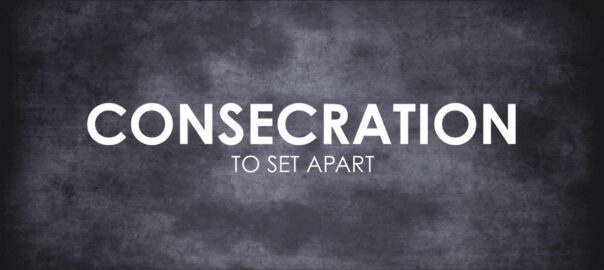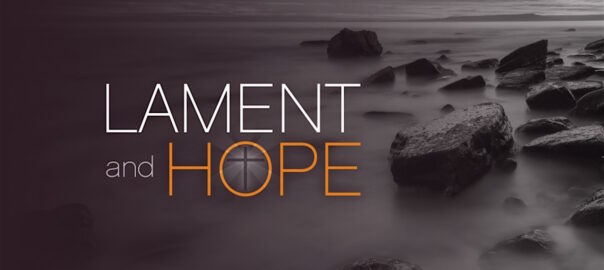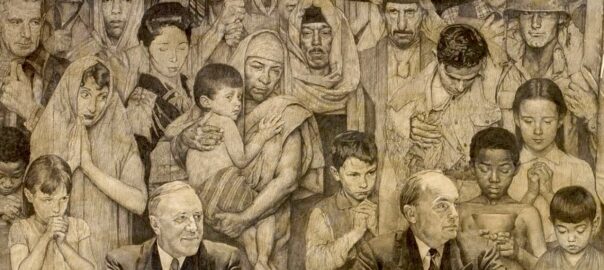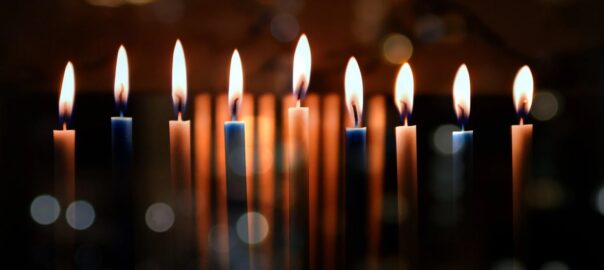
As we lament and repent, we are also called to a new hope, a new obedience rooted in love and the fear of the Lord. Here is a prayer for us to align ourselves with God’s reign. In the coming weeks I will be offering serious critiques of issues and policies from the new administration, as well as insights on geopolitical hot spots around the world. All of this must be rooted in prayer.
Holy and Loving Lord,
We offer these words of consecration with humility, trusting only in your mercy. We plead that you will empower us to put off all that enslaves and ensnares us, and put on a new heart, mind, and will that honor you and serve others well. Help us, O God:
- To put off all idolatry. Forgive us for crafting a deity to our own liking, either reducing you to a feeling or capitulating to fatalism. We put on awe and reverence and submit to you on your terms. We put off using our perceptions of your guidance as an excuse for manipulation of power. We put boldness and courage that aims to serve. We put off the idols of ideology, cherry-picking Bible verses to suit our opinions and refusing to listen to the voices of others who also cry out to you. We put on engagement in the public square with prophetic distance, allowing us to confirm and critique from a pure heart. We put off the idolatry of self-fulfillment, choosing to follow in the pathway of Jesus, who, secure in his identity, became a servant, our sacrifice for sin, and now as the Risen Lord, a preview of our future.
- To put off all immorality. Forgive us for excusing the sins of those we like and magnifying the mistakes of those we hate. Forgive us for replacing intimacy with you with unholy substitutes objectifying others and escaping from reality. We put on agape love, seeing everyone we meet as sister or brother made in your image. We put on delight in prayer, learning to listen to you as well as pour out our hearts. We put off the immorality of greed and lust for power and put on the virtues of diligence, generosity, and stewardship of your gifts and opportunities.
- To put off all injustice. Forgive us for blindness to systems that keep too many from access, equity, and opportunity. Help us put on advocacy and actions so all can flourish. Forgive us for ceremonial gestures without substance and hospitality that is hollow, expecting others to conform to our expectations. We put on listening ears, and an open table where you are present. We put off avoiding uncomfortable contemporary and historical issues and our tendencies to choose narratives that conform to our preferences. We put on a fearless pursuit of the truth, knowing you are at work in and through all circumstances.
Gracious Lord, empower our repentance and resolve. Keep our hearts tender and our minds discerning. We put off our self-deception that displaces your eternal principles with our human preferences. We put off naïve nationalism and visceral hatred of our country and put on humility for our deep flaws and hopefulness that our highest values may be realized. Have mercy on our land, and every land. In Jesus’ Name, Amen.




